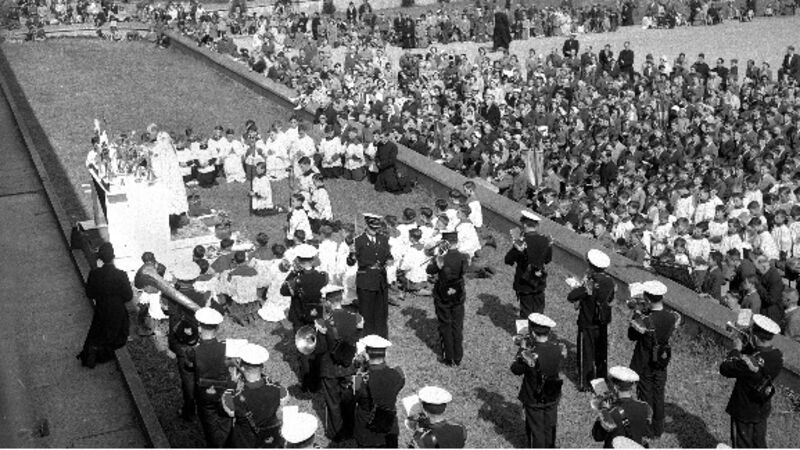Church needs an education in humility

In particular, how it is addressing the changing landscape of education leaves one wondering whether they have learned anything from the decades in which the crozier held considerable power in this country.
This is not a column designed to bash the Church. Nor is the column going to propound that the Church should have no role in education.

















